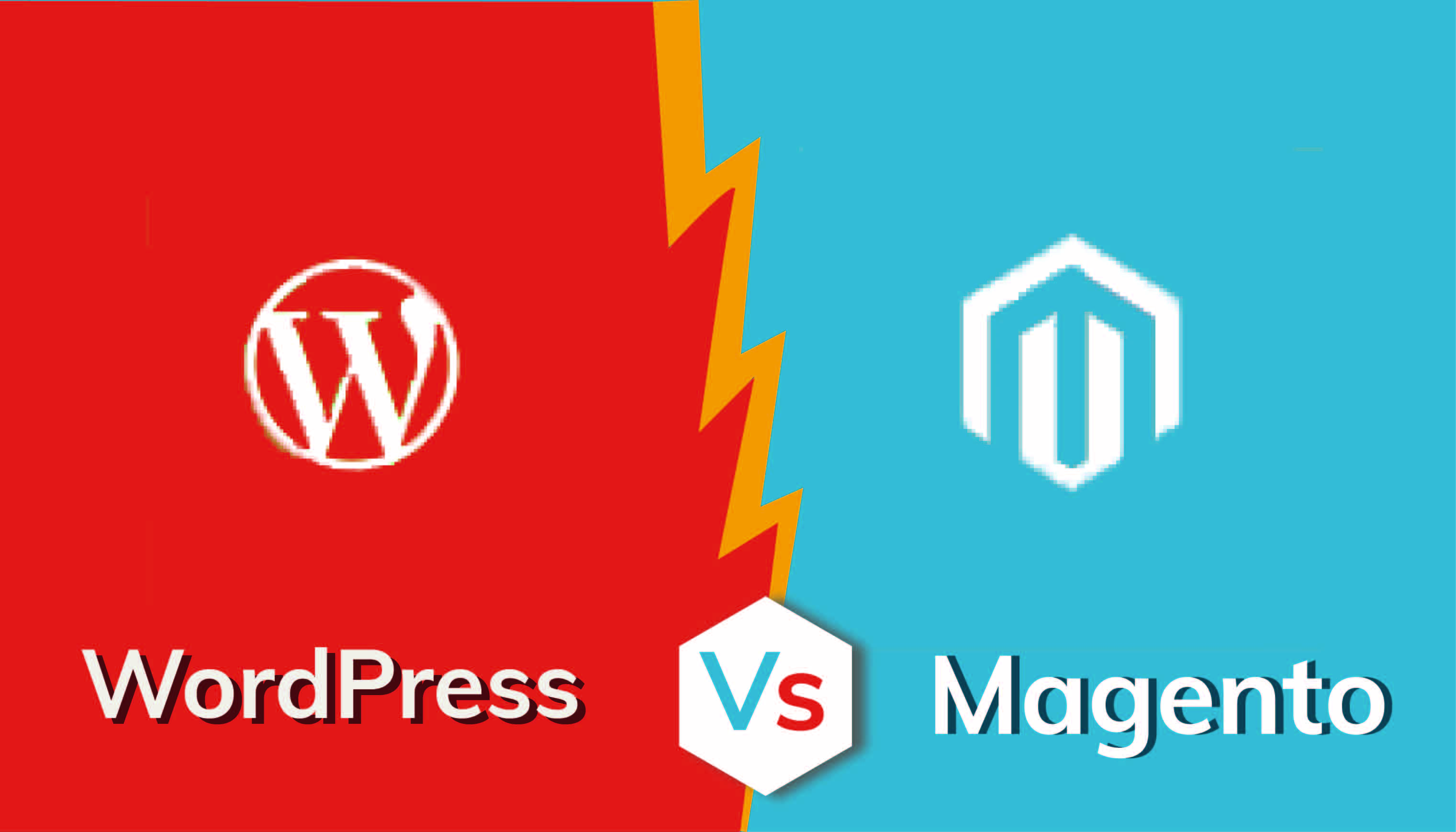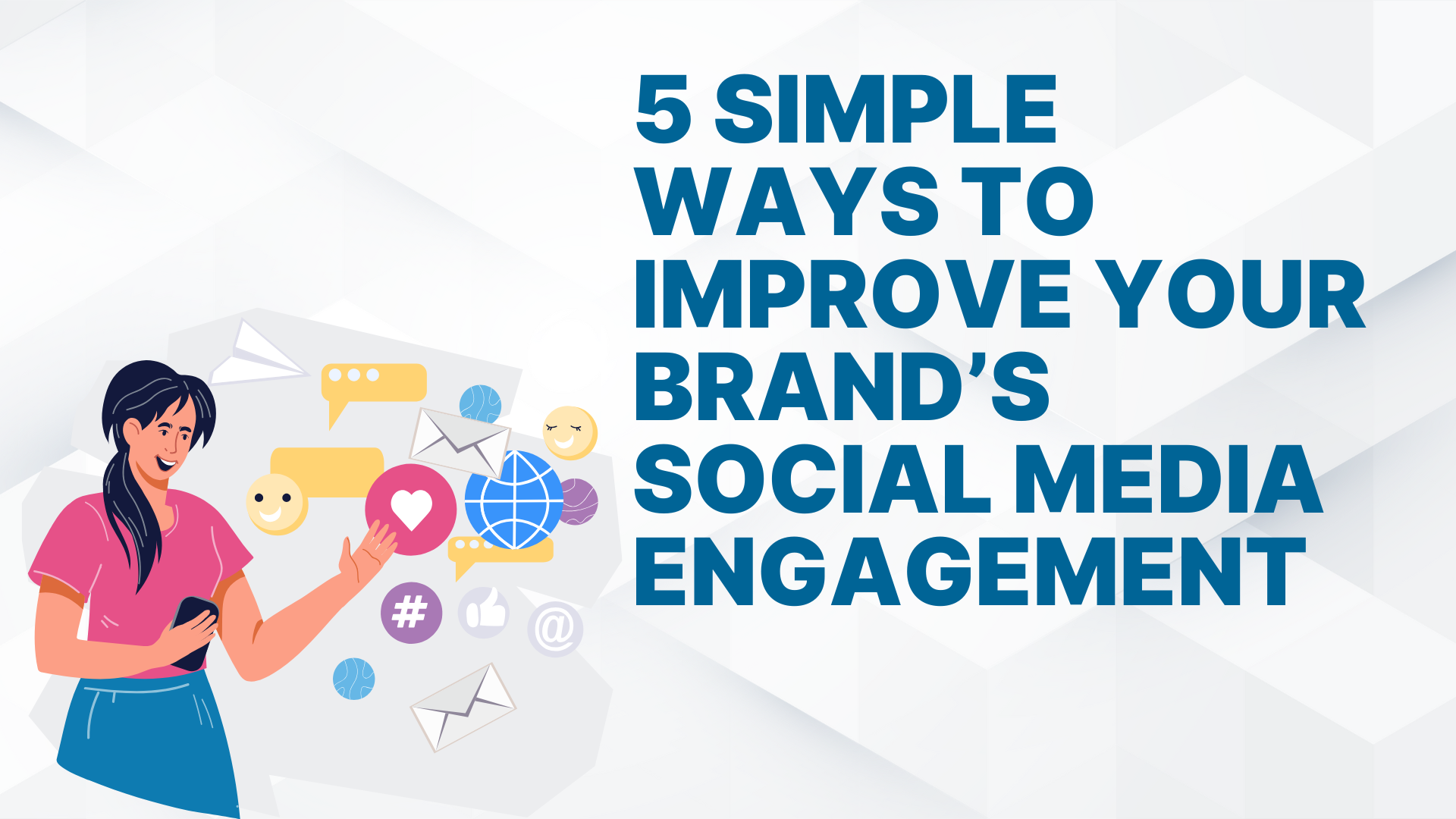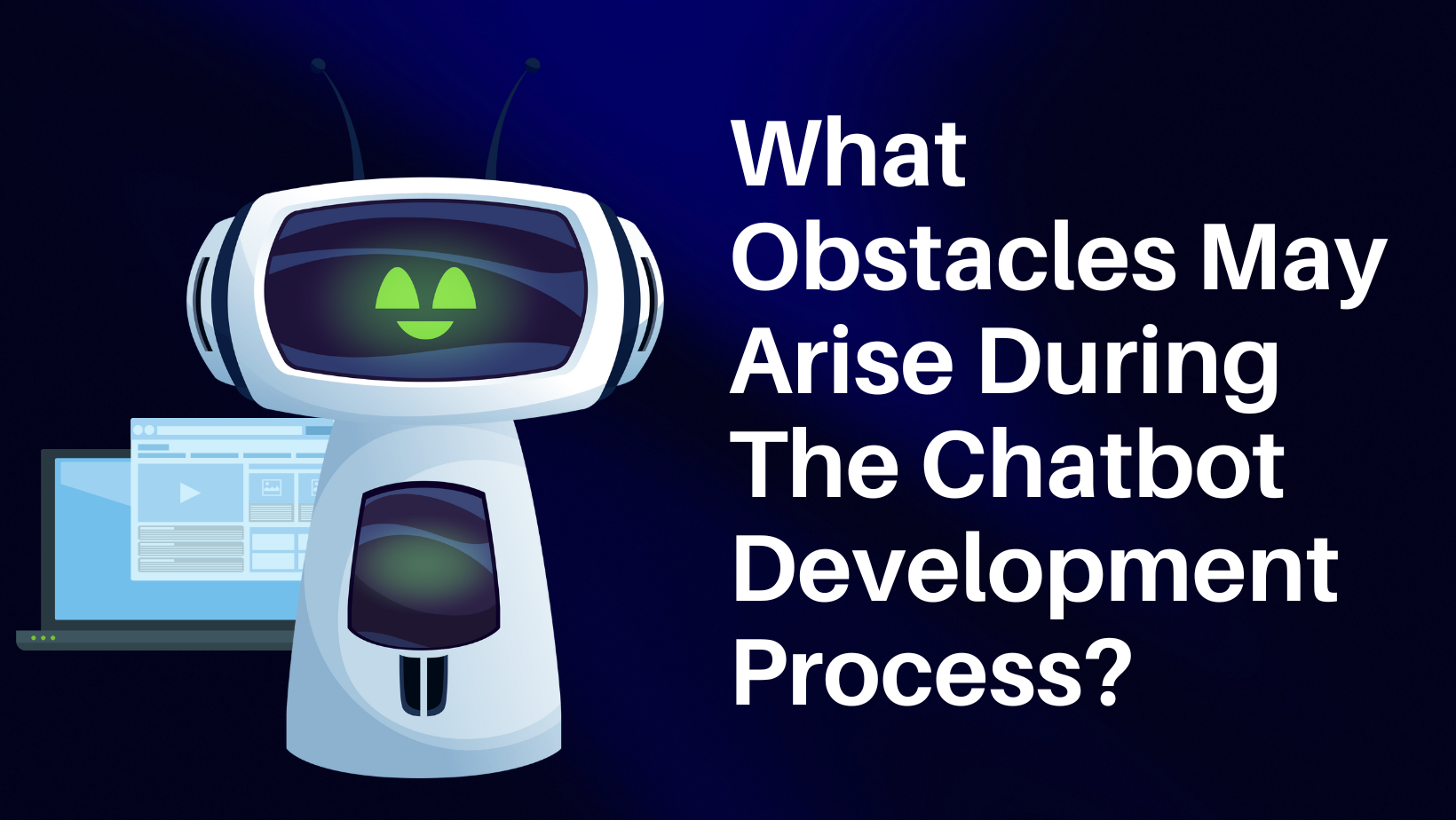Are you stuck on the WordPress or Magento debate for the Best CMS For An Online Shopping Store? We get you absolutely – you want to develop your e-commerce website, but are a bit tight on the budgets. Thus, what you are looking for is an open-source Content Management System (CMS) platform that will suit your needs. So, which one you would choose? To decide, let’s look at statistics first.
Magento powers 12% of all online retail stores. While WordPress powers 37% of all websites. Difference much? If you are thinking that the figures already have answered for you, you may have to reconsider. Wondering why? Let’s get into the details.
The best way to conclude, we believe is to be equipped with the complete knowledge of both the option. Then, you can make the right and informed decision. So, let's understand the similarities and differences between these two CMS so that you can decide for your selves which suits your purposes and goals.
WordPress:
WordPress is an open-source Content Management System (CMS) and makes for a great website builder, which is why it is trusted by many. However, the catch is that WordPress is a regular CMS that is content-based and is a great blogging platform. It is was not developed for building e-commerce websites specifically. On a positive note, WordPress comes with a great number of plugins that can be utilized by an expert WordPress Development Company to convert it into a CMS which is suitable to develop a full-fledged e-commerce website. WooCommerce is one such plugin.
WooCommerce is a free plugin of WordPress, launched in 2011, which allows for the integration of e-commerce functionality. Thus, it allows you to turn your WordPress website into a completely functional online store. WooCommerce comes in handy when you already have a WordPress website and you are ready to go online with your products.
Magento:
Magento is an open-source e-commerce platform. It has many features that support e-commerce website building. Thus, its features include mobile commerce, store management, report generation, up-sells and cross-sells, SEO, other management, and marketing tools. Thus, it allows for high customization and flexibility to specifically set up online stores. Magento provides two editions as a CMS. One is the Open Source Edition, which is available for free. This edition gives access to the basic functions, the community, the futures, etc. Do note here that Magento is a platform that is rather difficult to configure. It isn’t as easy to use as WordPress and you may have to consider hiring a well accomplished Magento Development Company for the purpose. After all, Magento requires higher skills, knowledge, as well as money.
Now that you understand WordPress as well as Magento, let’s figure out the similarities and differences between these two CMS so that you can decide for your selves which suits your purposes and goals.
WordPress & Magento the similarities:
Before going to the difference, let’s take a look at what WordPress and Magento both have to offer. Both are CMS platforms similar in their architecture, provide for easy product customization, both support SEO, both have a large community forum for support, both support payment gateways. and yes, both are open source and hence free. The major difference between both the CMS platforms is its major purpose. While WordPress is focused on content, Magento is completely dedicated to e-commerce.
WordPress & Magento the differences:
The Budget: Well, we have already mentioned it, but this point requires a special mention. Because the budget has always been an important aspect of any business decision. If you have a really small budget, have fewer products, and are okay with less customization, WordPress is your answer. On the other hand, if you have a bit bigger budget, you can opt for Magento.
The Time: If you want to start your online store immediately, WordPress is your best choice. It is hassle-free, easy to handle, and great if you wish to get your store off the ground on an immediate basis. Magento will take time, but it’ll be superior in terms of features and customization. Also, if it’s a possibility that you will get heavy traffic coming into your e-commerce website from the start, it’ll be better to stick with Magento.
The products: The main purpose of any e-commerce website is to sell products. Both websites facilitate selling. However, if you have too many products i.e. beyond 1000 products, you better stick to Magento. Especially so if you are selling physical products. On the other hand, if you are selling virtual products, they will not require any shipping arrangements or order tracking. WooCommerce is a great option in such cases.
Integration: If you are looking to integrate your online store with a POS system, Magento should be your answer. However, if you already have a website and you wish to integrate it into an online store, you should go for WordPress. Also, if you are dependent upon content such as blogging, etc. WordPress is a good option.
These pointers should help you decide which CMS you should choose for your online shopping store. Also, today there is this trend of using both the CMS instead of going with one. Thus, you integrate your Magento e-commerce website with WordPress Blog. This is combining the bests of both worlds.

















Post Comments